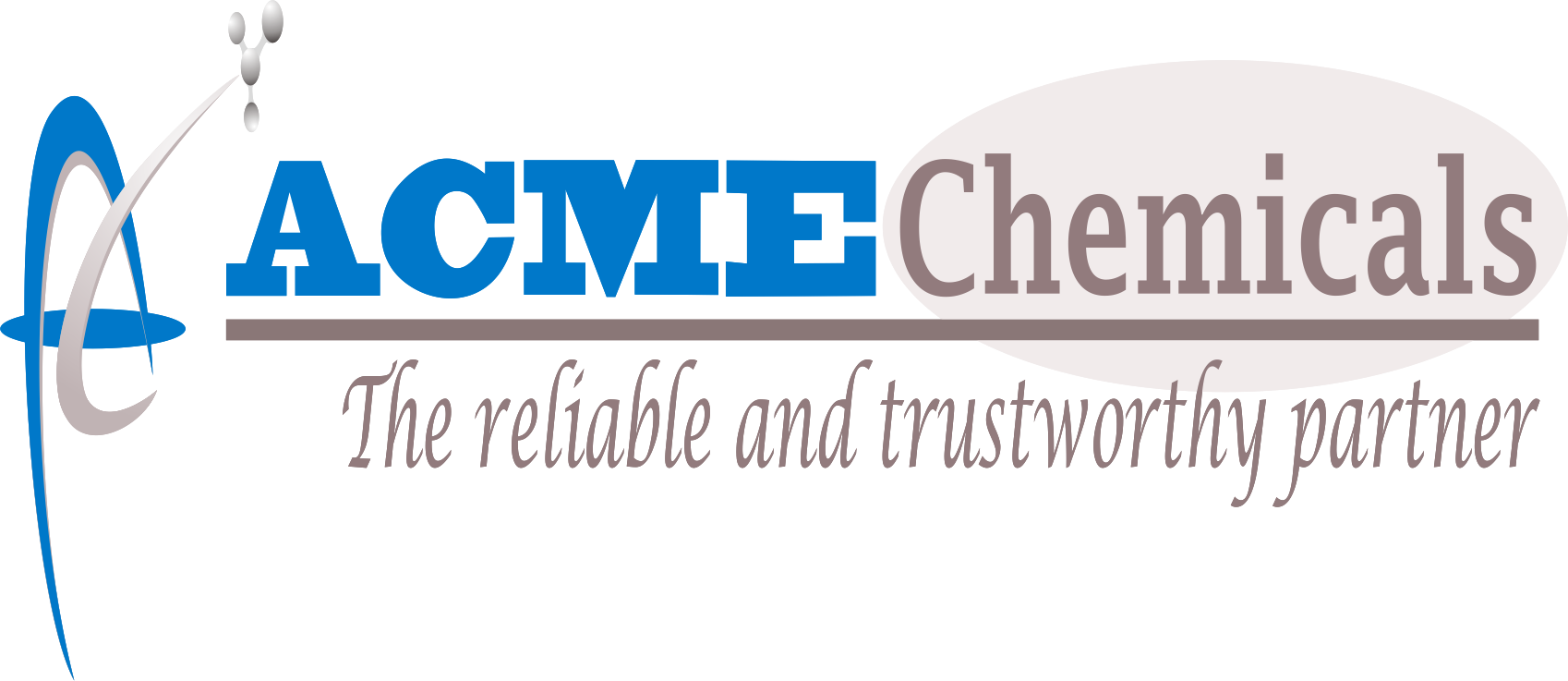Process Chemical
Our Corrosion Treatment solutions protect equipment from the damaging effects of corrosive substances, extending asset lifespan and reducing maintenance costs for more reliable operations. Our Desalter Treatment chemicals improve crude oil quality by efficiently removing salts and impurities, ensuring high-quality feedstock and minimizing operational risks. Salt Dispersants prevent salt buildup that can cause blockages, maintaining optimal system performance. Additionally, our Antifouling Agents reduce fouling deposits on heat exchangers and critical components, ensuring efficient heat transfer, operational reliability, and preventing costly shutdowns.
Desalter Treatment
Desalter Treatment is a critical process in oil refining that removes salts and impurities from crude oil before further processing. This treatment prevents corrosion and fouling in downstream equipment, such as distillation columns and heat exchangers, which can otherwise lead to inefficiencies and higher maintenance costs. The process uses a combination of water washing and chemical demulsifiers to separate ionic contaminants, including sodium chloride and calcium salts, from the crude oil. By effectively breaking emulsions, the desalter ensures the removal of salts and impurities, helping the crude oil meet quality specifications. Optimizing desalter performance enhances equipment longevity, reduces downtime, and lowers operational costs by minimizing corrosion and fouling.
Demulsifiers are essential chemical agents in oil refining that break emulsions between oil and water, which often form during crude oil washing in the desalter. They work by disrupting surface tension and destabilizing the oil-water interface, enabling rapid and efficient phase separation. This process enhances the performance of downstream equipment, such as separators and desalter units, by reducing water and impurities in the oil stream. Cleaner oil with fewer water contaminants improves product quality while minimizing corrosion and fouling in processing equipment. Proper selection and application of demulsifiers are critical for optimizing refinery operations and achieving high-quality output.
Iron Removal Chemicals are essential in desalter units within oil refineries, improving crude oil quality before further processing. They specifically target and remove iron compounds, such as iron oxides and hydroxides, along with other metals that may be present in crude oil. Removing iron is critical because these compounds can cause catalyst poisoning, increased fouling, and corrosion in downstream equipment. These chemicals work by forming soluble complexes with iron ions, which are then easily separated from the oil during the desalter process. Effective iron removal enhances desalting performance, protects sensitive refinery equipment, and improves overall operational efficiency while extending catalyst lifespan.
Corrosion Treatment
Corrosion Treatment ensures the safety and reliability of the refining process. The Crude Distillation Unit (CDU) is a critical component in refining, converting crude oil into hydrocarbon fractions. Corrosion can arise from salts, naphthenic acids, and other impurities present in crude oil, with the overhead system being particularly vulnerable under acidic conditions. To protect the CDU overhead system, we provide corrosion treatment services using corrosion inhibitors in combination with neutralizing amines, effectively mitigating corrosion risks and ensuring long-term operational reliability.
Corrosion Inhibitors are essential chemicals that protect metal surfaces from corrosion, preventing costly operational issues and maintenance. They form a protective film on metal surfaces, creating a barrier against corrosive agents such as acids, salts, and moisture. This film slows down the corrosion process, extending the lifespan of equipment and infrastructure. Corrosion inhibitors are especially critical in harsh environments like oil refining. By selecting the right inhibitor and integrating it properly, businesses can improve operational reliability, reduce downtime, and lower costs from repairs and replacements.
Neutralizing Amines are specialized chemicals used to counteract the corrosive effects of acidic substances in industrial systems. They work by neutralizing acids through chemical reactions, preventing corrosive conditions that can damage metal surfaces and shorten equipment lifespan. In oil refining, neutralizing amines are especially effective against naphthenic acids and other acidic contaminants in crude oil or process streams. By converting acids into less aggressive salts or neutral compounds, they help maintain the integrity of critical infrastructure, such as the CDU overhead system. Proper selection and dosing are essential to ensure optimal performance, based on the specific acidic components and operating conditions.
Salt Dispersant
Salt Dispersants are specialized chemicals used in oil refineries to manage and mitigate salt contamination, particularly downstream of the desalter. They prevent the formation of salt deposits and improve the handling of salts in various refinery processes. Salt deposition commonly occurs in critical equipment such as heat exchangers, pipelines, distillation columns, and RFCC units, leading to blockages and reduced operational efficiency. These deposits are often caused by salts like ammonium chloride, which can form from acidic contaminants or by-products in crude oil. By keeping salt particles dispersed and manageable, salt dispersants prevent aggregation, fouling, and corrosion. This reduces maintenance needs, minimizes operational disruptions, and ensures smoother refinery operations, enhancing overall equipment performance and reliability.
Antifoulants are specialized chemicals designed to prevent fouling deposits on critical refinery equipment such as heat exchangers, distillation columns, and reactors. Fouling, caused by the buildup of organic compounds, inorganic salts, and other contaminants, can reduce heat transfer efficiency, increase pressure drops, and drive up maintenance costs. Antifoulants work by disrupting the formation and adhesion of deposits—either preventing initial attachment or breaking down existing layers. By using these chemicals, refineries can maintain optimal equipment performance, minimize downtime, and reduce the frequency and cost of cleaning.
